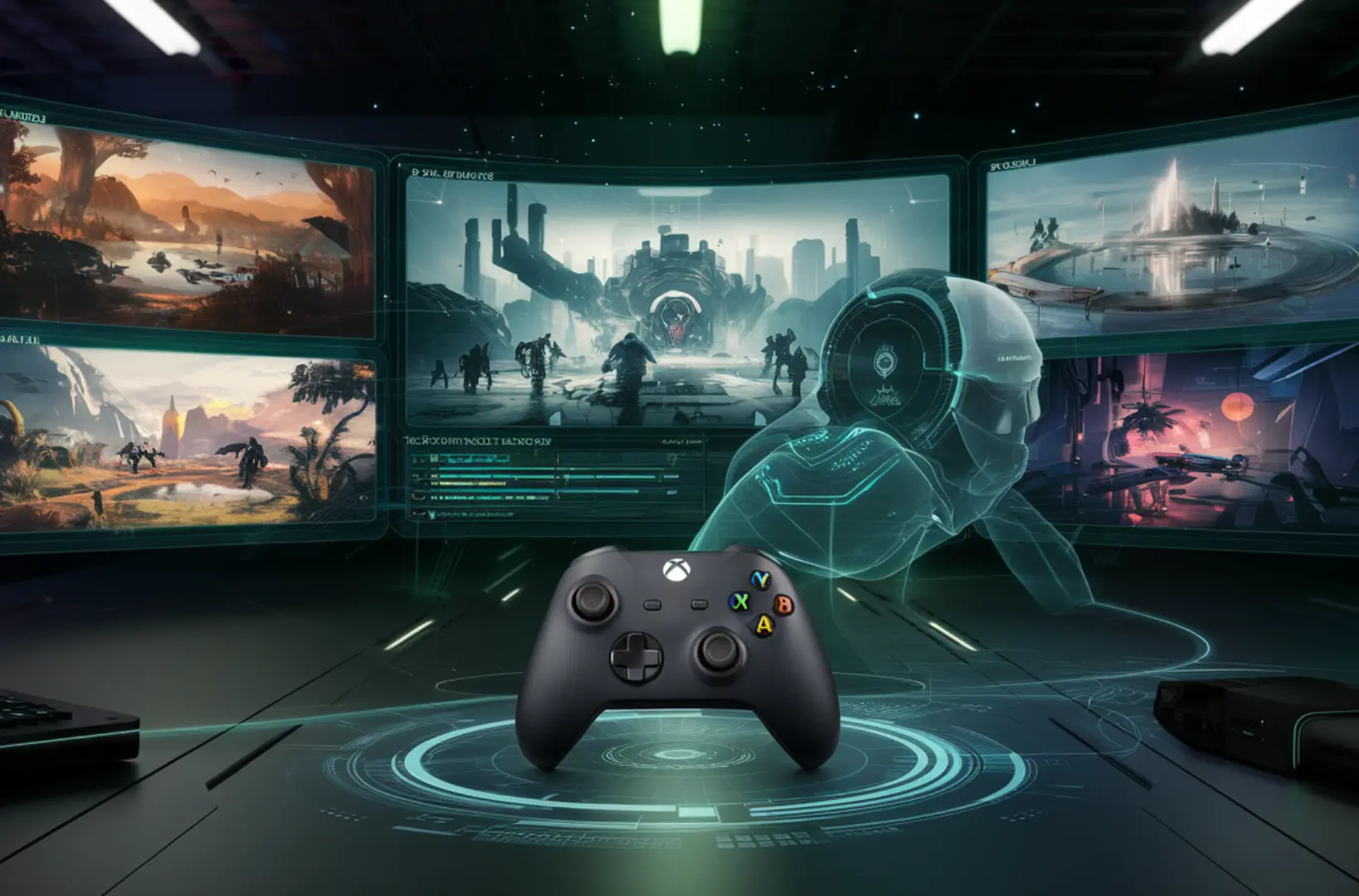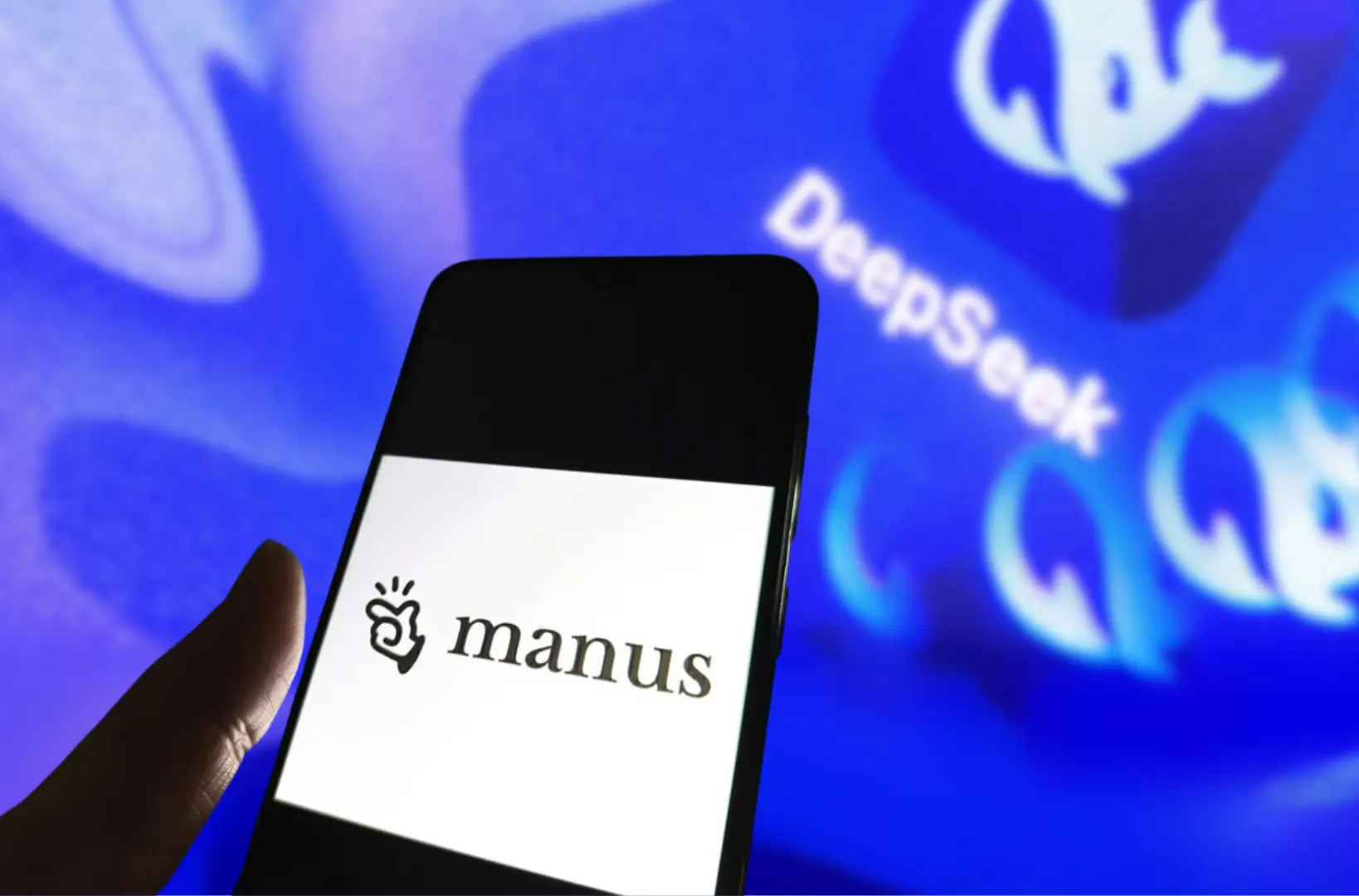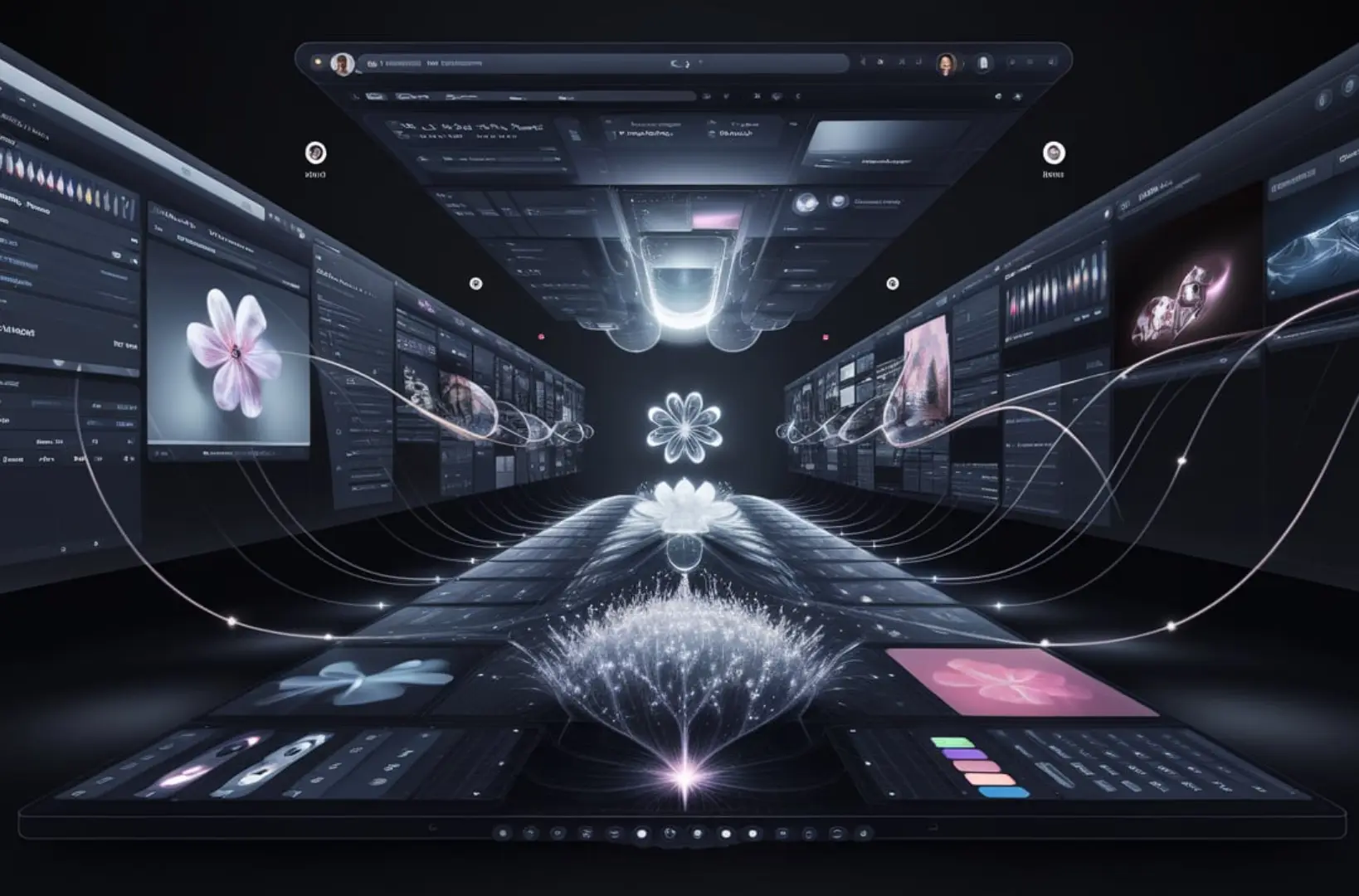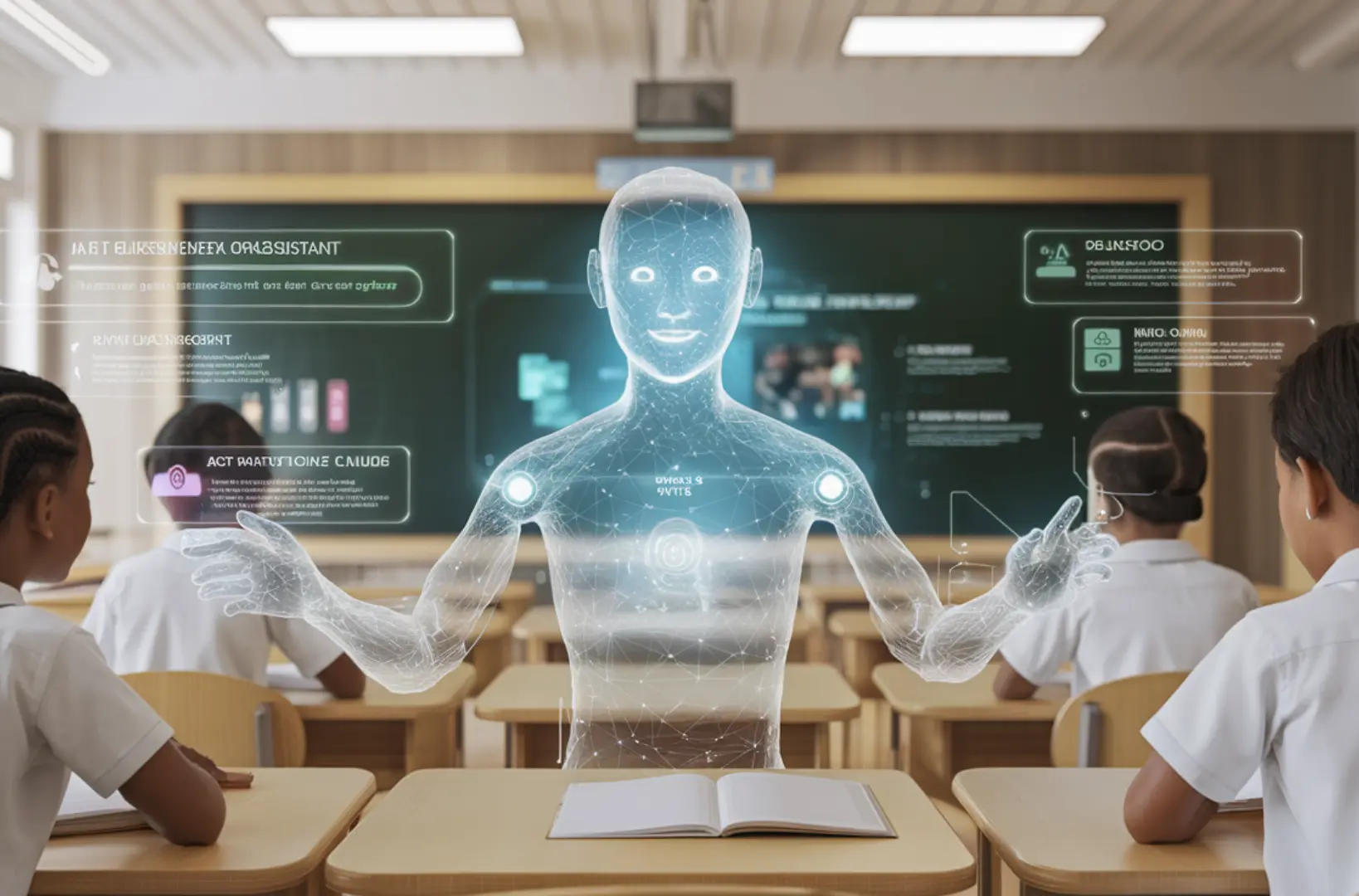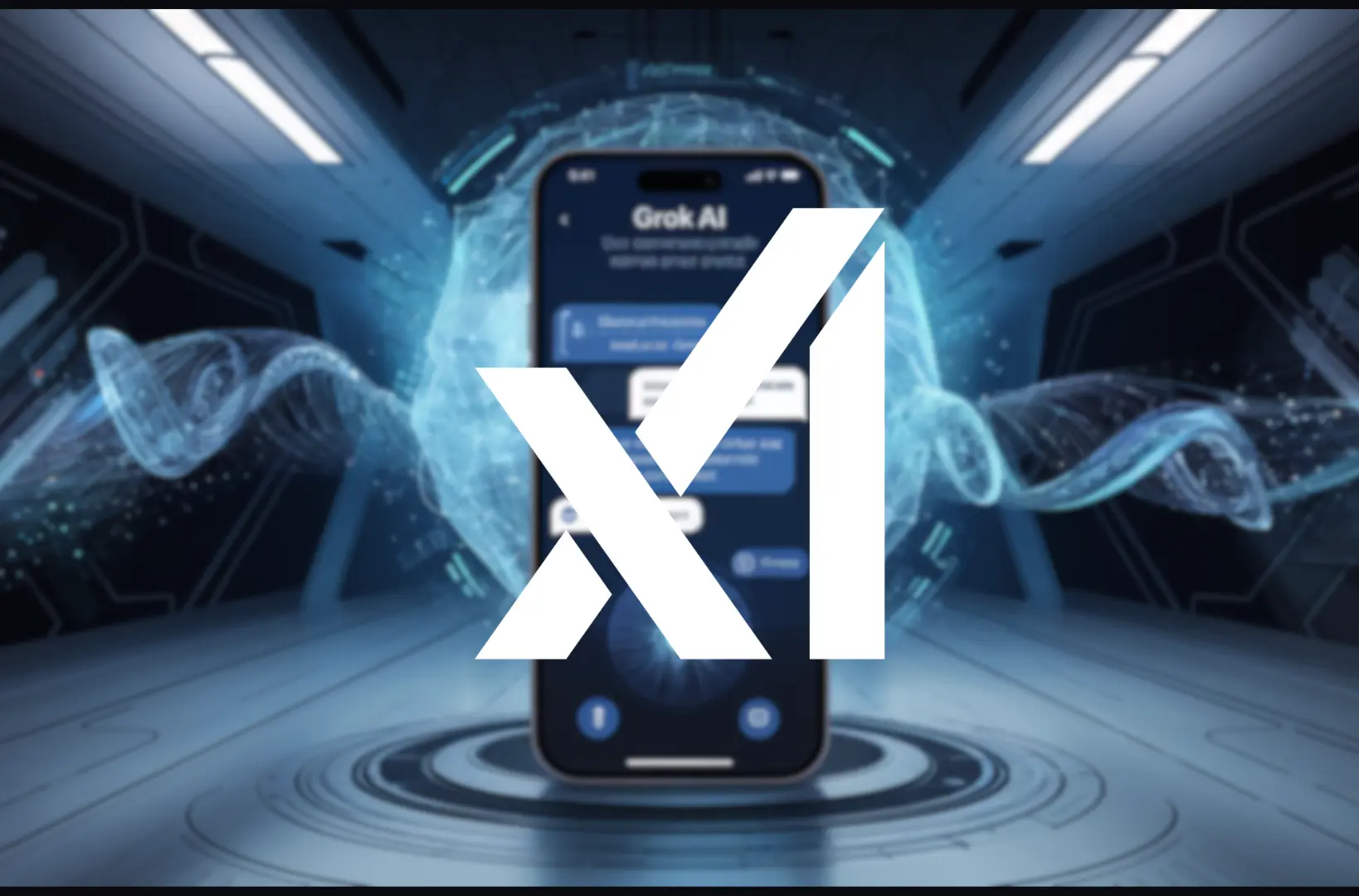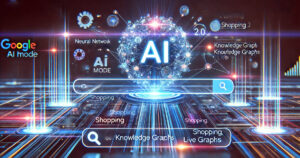Artificial intelligence has been making waves in almost every industry, and now, Microsoft’s AI has taken things up a notch with an AI model that can generate video game gameplay. Imagine an AI that not only assists in making games but can also play them, test them, and even create new levels or entire experiences. Sounds like sci-fi? Well, it’s happening. This development could redefine how games are made and played, and today, we’re diving deep into what this means for the future of gaming.
This advancement isn’t just about playing games; it’s about changing the entire gaming ecosystem. From speeding up development to creating truly dynamic, evolving game worlds, AI-generated gameplay could revolutionize everything. But with such power comes critical questions—will AI eventually take over game development? What challenges and ethical concerns arise from such an innovation? Let’s break it all down.
How Does Microsoft’s AI Model Work?
So, how exactly does an AI model create gameplay? Microsoft’s AI is designed to learn from extensive gameplay data, analyze player behavior, and then generate game sequences based on that information. It uses advanced machine learning techniques, particularly deep learning, to predict and replicate game interactions.
Some of the core capabilities of this AI model include:
- Mimicking Human Players – The AI can watch existing gameplay and imitate player decisions, movements, and strategies, making it feel like a real person is playing.
- Generating Playable Scenarios – It can create new in-game challenges, environments, and missions dynamically.
- Automated Game Testing – Developers can use it to play-test games, identifying bugs and balance issues before human testers even step in.
- Enhancing Game AI – NPCs (non-playable characters) and enemies could behave in more unpredictable and lifelike ways, making gaming worlds more immersive.
With these abilities, Microsoft’s AI model isn’t just about playing games—it’s about shaping them, optimizing them, and making them more engaging for players worldwide.
Why This Technology Matters
Game development is an expensive and time-consuming process. Studios spend years fine-tuning mechanics, playtesting, and designing new content. AI-generated gameplay can help automate and improve several aspects of game development, making it faster and more efficient.
Let’s break down some of the biggest ways this AI could impact the industry:
1. AI-Generated Game Content
One of the biggest challenges in gaming is keeping content fresh. Think about open-world games like Grand Theft Auto, The Witcher, or Elden Ring. Creating massive, detailed worlds with engaging quests and characters takes years. AI could step in to assist developers by generating levels, missions, and side quests dynamically.
For example, AI could:
- Design new maps based on player preferences.
- Create unique enemy behaviors and difficulty levels.
- Develop new weapons, skills, or character interactions.
Instead of static worlds, games could evolve based on player interactions, making every experience unique.
2. Smarter NPCs and AI-Driven Opponents
How many times have you played a game and noticed that enemies follow predictable patterns? AI-generated gameplay could make NPCs act in more human-like ways. Imagine playing a stealth game where guards don’t just patrol in fixed paths but actually adapt to how you play, making every encounter unpredictable.
Even in competitive multiplayer games, AI could be used to create smarter bots that simulate real player behavior. This would be a game-changer for training in esports or for players who want to practice before jumping into ranked matches.
3. Automated Game Testing
One of the most overlooked yet crucial parts of game development is playtesting. Before a game launches, it undergoes rigorous testing to ensure everything works as intended. This is where AI could save studios thousands of hours.
Microsoft’s AI can:
- Simulate thousands of gameplay scenarios to detect bugs and glitches.
- Test balancing issues, ensuring weapons, characters, and abilities are fair.
- Identify areas where players are likely to struggle or get stuck, helping developers improve level design.
This means fewer buggy game launches and better overall quality from day one.
4. AI-Assisted Gaming and Player Support
What if AI could play alongside you, helping you tackle difficult levels or giving you real-time strategy tips? Microsoft’s AI could be integrated into games to offer assistance when needed. This could be particularly useful in:
- Challenging puzzle or strategy games where players need hints.
- Competitive shooters where AI could analyze enemy strategies and offer advice.
- RPGs where AI could automate grinding or repetitive tasks.
For casual gamers, this could make gaming more accessible and enjoyable, while hardcore players could use it to fine-tune their skills
Challenges and Ethical Concerns
As exciting as AI-generated gameplay sounds, it comes with its own set of challenges and concerns.
1. Will AI Replace Human Creativity?
One of the biggest concerns is whether AI-generated content will take away the creative element of game development. Will AI replace level designers, artists, and writers? While AI can assist in content generation, it still lacks the creativity and emotional depth that human designers bring. It’s more of a tool to help developers, not replace them.
2. Could AI Be Used for Cheating?
There’s also the potential for AI-generated gameplay to be misused in competitive gaming. AI could be programmed to play at superhuman levels, leading to concerns about cheating in esports or online multiplayer games. Developers will need to implement strict regulations to prevent this from happening.
3. Ethical AI Training
Training AI on existing game data raises questions about bias and fairness. If an AI learns from games with unbalanced mechanics or problematic designs, it might replicate those issues. Ensuring ethical AI training will be crucial in maintaining fair and enjoyable gaming experiences.
Final Thoughts – Would You Play an AI-Created Game?
Microsoft’s AI-powered gameplay is a glimpse into the future, but how do you feel about it? Would you play a game where AI generates levels and enemies dynamically? Do you think AI can enhance gaming, or does it take away from the experience?
AI is no longer just a background tool in gaming—it’s becoming a core part of the experience. Whether we like it or not, gaming is heading into a new era where AI plays a crucial role. As the technology continues to evolve, one thing is certain: the way we play and create games will never be the same again.
So, are you ready for AI-generated gaming worlds? Let’s discuss in the comments!
Suggested Reads:
Zeekr 007: Sub-10-Minute EV Charging with Golden Battery
Startup Tech Stack 2025: Your Ultimate Guide
Frontend Developer Roadmap 2025: Your Complete Guide

Jahanzaib is a Content Contributor at Technado, specializing in cybersecurity. With expertise in identifying vulnerabilities and developing robust solutions, he delivers valuable insights into securing the digital landscape.
